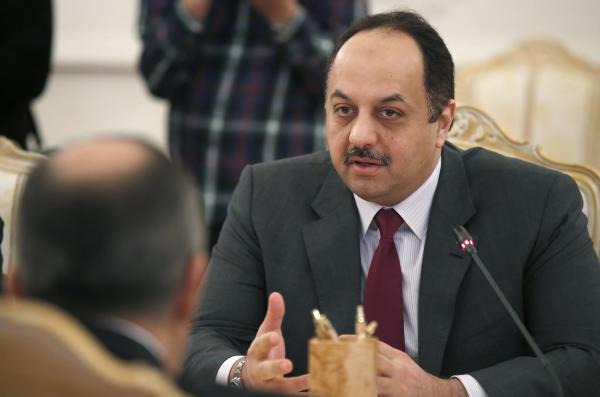The day after the Russian foreign minister made an impolite statement whilst sitting next to the Qatari foreign minister announcing the failure of their meeting to classify terrorist groups from amongst the Syrian opposition, warplanes which are believed to be Russian killed the leader of Jaysh Al-Islam in eastern Ghouta in Damascus.
Whether or not the attack was planned by Moscow to impose its demands by force after the failure of the meeting, the incident was interpreted in this context. Russia wants to be the one to decide the course of the war and negotiations in Syria. The Russians have demonstrated their determination to impose their views on negotiations and muscle flexing by irritating Turkey and reducing its influence in Syria and Iraq, placing pressure on the Gulf states and defying the Americans who quickly retreated and accepted to coordinate in order to avoid escalation.
The Russians might win this round by imposing the Russian-Iranian project to keep Bashar Al-Assad in his place as president. Before that it imposed its categorisation of terrorist groups that were banned from the Vienna negotiations, and a formula for an acceptable political solution. Moscow wants to be the decision maker in the Syrian conflict. Will it be able to achieve that?
If it is willing to pay a high price and to continue this adventure, it might be able to be an authority on the future of governance in Damascus for a while. It wants to do what the United States did in Iraq, creating and imposing a political project that exists on the ground despite being based on weak governance. The Russians are investing a lot in the governance plan in Syria and their alliance with Iran.
Their reasons for targeting Jaysh Al-Islam are unknown considering that it is not as frightening as ISIS, and does not have as much political influence as other organisations like the moderate Free Syrian Army (FSA). By killing its commander Zahran Alloush, the Russians have created an issue with broad political repercussions.
